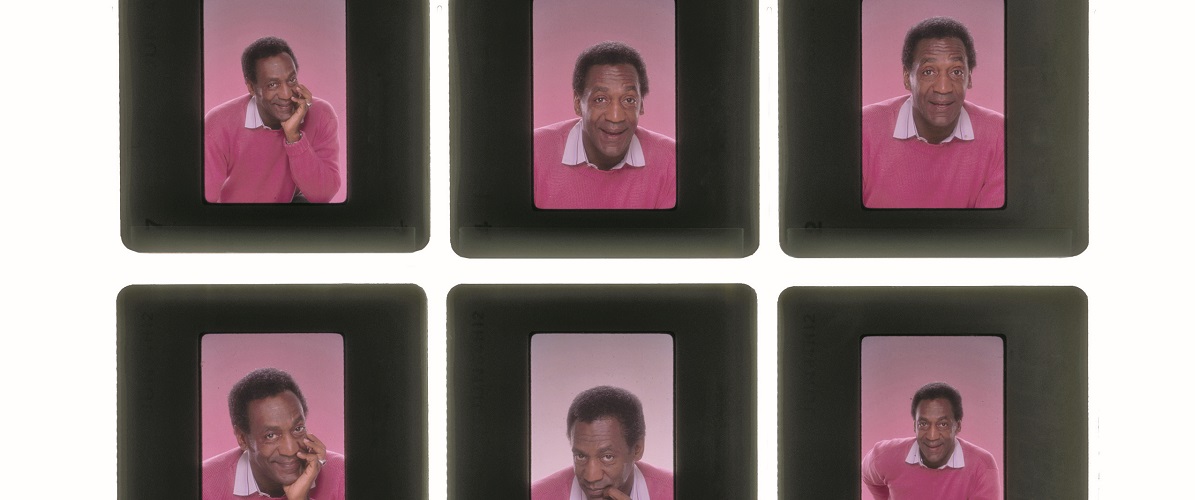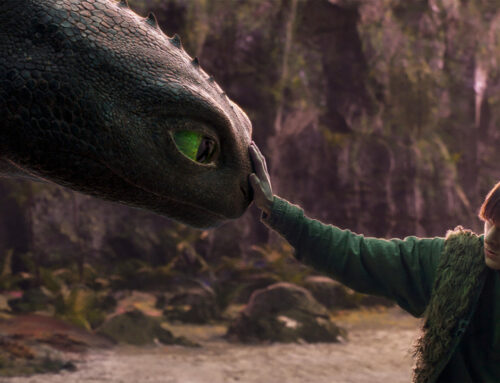Over the last 10 days, JoycesChoices was hacked by nefarious operatives who caused a big red DANGER sign to appear– warning you to stay away! You’re safe now–it’s fixed, and there’s a refreshed site in the offing. But while the site was down, I was up and writing, once again contributing a piece to Women Writers Week at ROGEREBERT.COM
My subject? Bill Cosby. I had been wanting to write about Cosby for quite some time. I have a story to tell about my own encounter with the man, but I wasn’t sure if I really wanted to share it, or if I did, in what context. This was long before the Supreme Court upheld a lower court ruling overturning Cosby’s 2018 conviction of aggravated indecent sexual assault, allowing him to walk free. This was long before I watched W. Kamau Bell’s brilliant Showtime series “We Need To Talk About Cosby.” That series sparked additional insights about the how and why of what happened, and made me realize why I needed to talk about Cosby. The following is an excerpt of my essay which appears in full at RogerEbert.com.
I need to talk more about Cosby because I’m still trying to get a grip on how such wildly different personas could co-exist in the same person. Bell creates a potent context for Cosby’s deviance. Better than anyone has done before, the series fleshes out the depth and breadth of Cosby’s impact on mainstream culture. Cosby became a colossus astride the racial divide, across many decades and multiple mediums—stage, screen, the written word—and as an entertainer, author, educator, academic, political activist, moral authority, father figure. Perhaps most significantly, he reconfigured representation in primetime for what an all-American family looked like: Black, upwardly mobile, smart, wholesome, sophisticated, professional. His public and private personas were merged in the mind of the public. Not our only mistake.
What struck me most, and as Brian Tallerico notes in his review, is that Bell’s series makes a stunning reality graphically clear: Cosby was traveling two concurrent trajectories. In every decade on his journey to becoming a beloved pop cultural icon and the apotheosis of racial equity, he was simultaneously drugging and raping women. How could this all be true of one and the same guy?
One answer lay in his unique gift for reading an audience. He could see and understand us, reach us, put us at ease, and tell us a story in such a funny, vivid, relatable way that we’d follow him anywhere just to see where he might take us. It’s a manipulation, a seduction of sorts, to achieve a desired effect. It’s what any skilled actor, comedian, writer, performer does. It’s the gift that keeps on giving, even when you know better, even when it’s in service of a deviant personality.
—To read the entire article (and I hope you do!) go to RogerEbert.com







Leave A Comment
You must be logged in to post a comment.